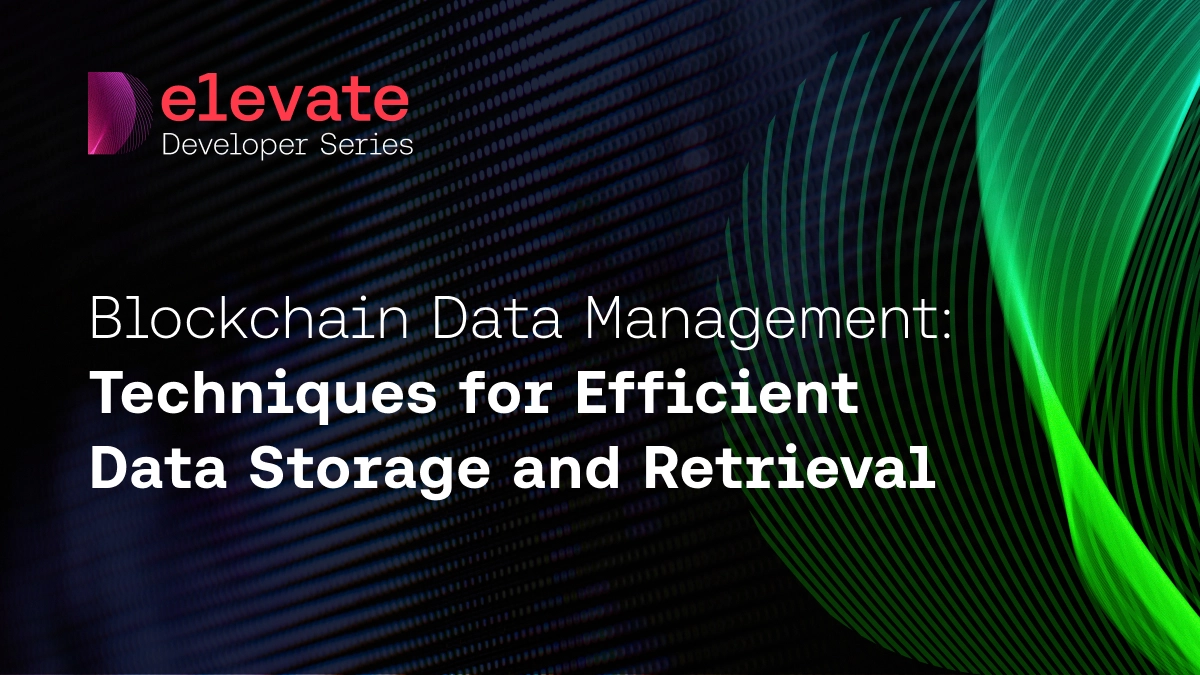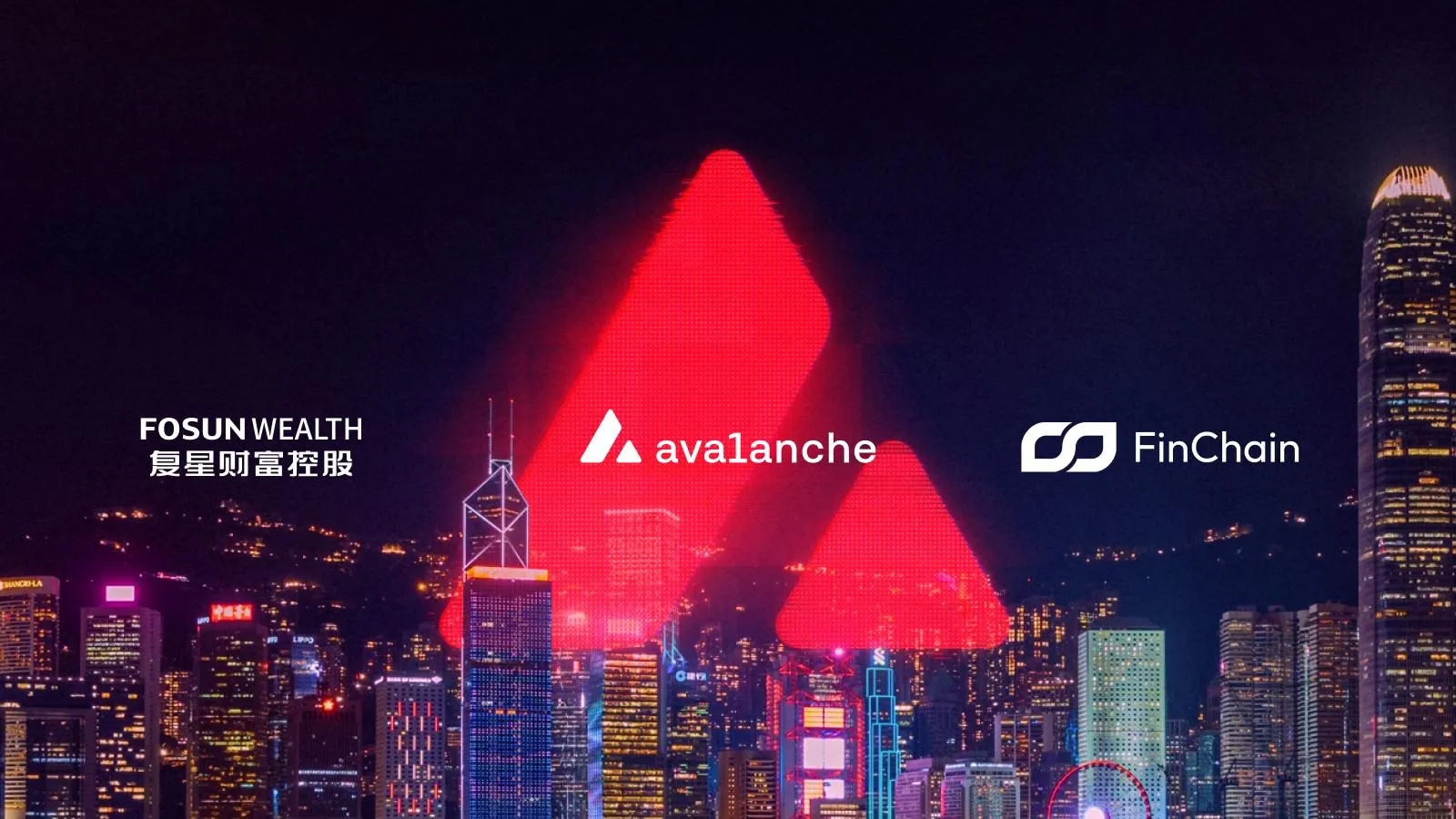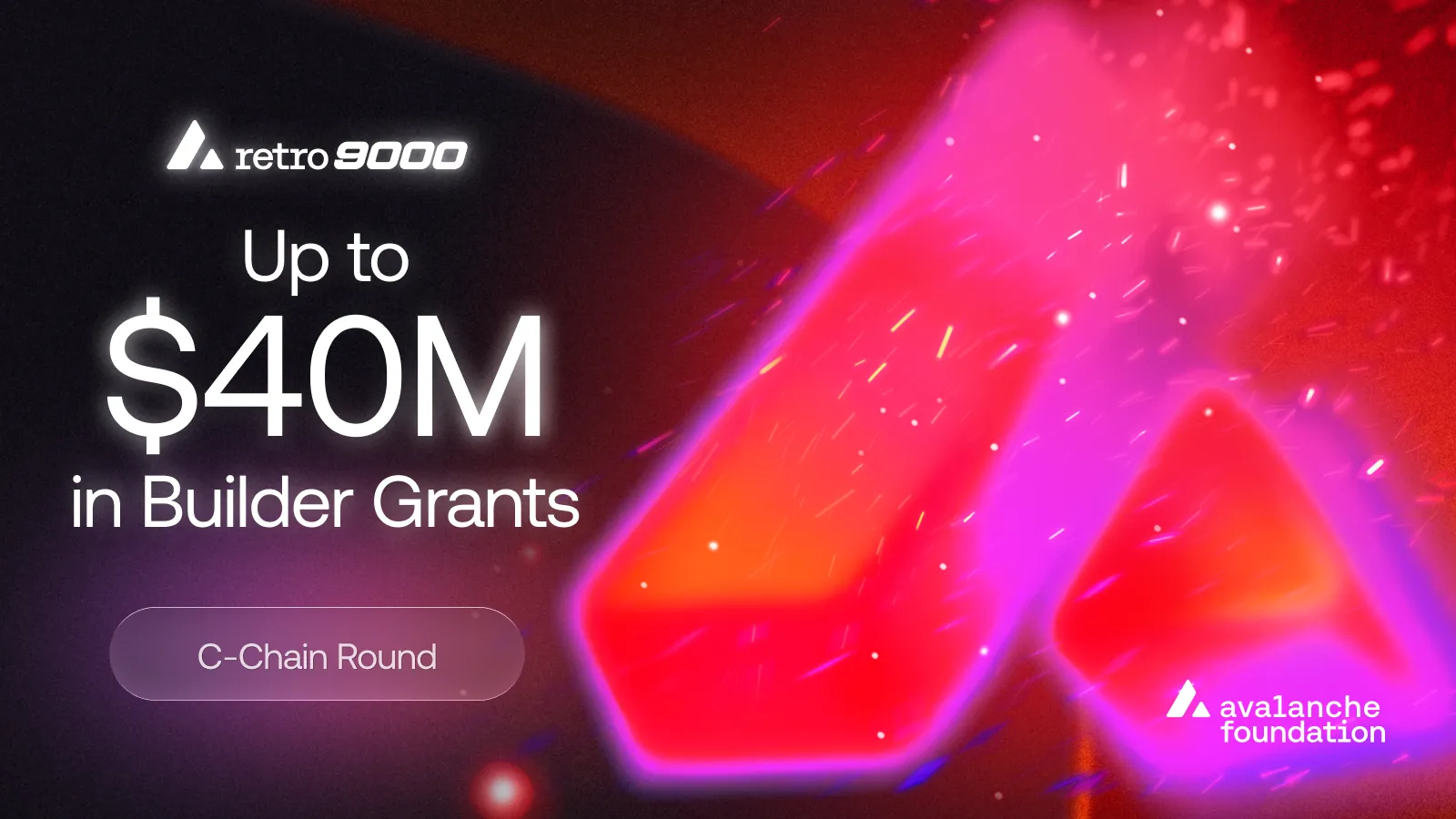Blockchain Data Management: Techniques for Efficient Data Storage and Retrieval
Blockchain Data Management: Techniques for Efficient Data Storage and Retrieval
Jan 29, 2025 / By Avax Developers / 5 Minute Read

Manage transactions more efficiently and ensure data integrity with these tips for blockchain developers.
Major Challenges in Blockchain Data Management
As blockchain adoption continues to rise, developers will have to adjust for larger transaction volume, more users and more data. The most significant challenges we’re seeing include:
Scalability of Data
Developers will need to handle the expanding size of blockchains, while keeping nodes synchronized and avoiding the delays and gas fees associated with network congestion.
Decentralization vs Efficiency
Achieving higher levels of decentralization can lead to a reduction in efficiency and vice versa. Developers need to understand and navigate these tradeoffs.
Cost of Data Storage and Retrieval
Transaction fees can be costly when the bulk of data is stored directly on-chain. Querying data directly from the blockchain is resource-intensive and can be slow compared to centralized system storage.
These challenges are substantial, but not impossible to overcome. In the next section we’ll look at strategies for managing data more effectively to minimize these obstacles.
Blockchain Data Management Fundamentals
The main challenge for developers is to manage data efficiently without sacrificing security or decentralization. Blockchain’s transparent architecture means that some traditional data management techniques won’t be suitable. Here are a few of the most common strategies that blockchain developers employ:
Optimizing Data Storage
Merkle Trees
Imagine if you needed to download an entire blockchain every time you needed to verify an individual record. It’s easy to see how unwieldy that would get, especially as chains get longer over time.
Merkle trees solve the problem by hashing raw data into a hierarchical tree structure, creating a root hash that is a concise representation of all the underlying data. Any change in the data will cause a change in the root hash, making it easy to see, compare and validate hashes without downloading the entire dataset.
Sharding
One advantage of decentralization is the potential for parallel processing. Sharding involves dividing a blockchain dataset into smaller pieces distributed across the network. Each shard can process transactions by itself, which takes the strain off of any individual node. This kind of parallel processing can significantly boost a network’s output abilities. However, its effectiveness is limited by the amount of dependencies contained in the data, since all the dependencies will require sequential processing.
Efficient Block Design
It’s possible to optimize your block design to minimize redundancy, without sacrificing your chain’s auditability. Explore best practices like:
Transaction batching
Separating state and history, and storing historical data off-chain or in archive
Algorithmic compression
Storing hashes rather than full data
Dynamic block sizing
Data Compression Strategies
Hybrid Data Storage
Consider storing your larger, non-critical datasets to a decentralized storage solution like IPFS or Arweave. These services are designed to keep your data available and safely backed-up while reducing the on-chain data load. Keep your on-chain storage reserved for essential transaction data. This is the most common practice when building heavy content projects such as NFTs that store images and other metadata outside the chain. You can follow the Deploy NFT Collection tutorial to get familiar with this process.
Pruning
For lightweight nodes, you can move outdated and unnecessary data from the blockchain, keeping only the latest state of the blockchain and discarding old transactional data that has already been validated.
Compression Algorithms
These advanced compression techniques can store more data more compactly. For example, recursive SNARKs (succinct non-interactive arguments of knowledge) can prove your data’s validity without storing the entire dataset.
More Efficient Data Retrieval
Indexing
Design indexes for specific query types, such as transaction lookups or smart contract state checks. Efficient indexing ensures quicker access to your target data, without having to scan the entire blockchain.
Caching Mechanisms
It’s important to cache frequently accessed data within your smart contracts. This will reduce the number of queries you make, improving efficient performance and minimizing gas costs.
Query Optimization
Use blockchain-specific query tools like GraphQL-based solutions. These are designed to enable more accurate and efficient data retrieval.
How Avalanche Helps with Data Management Challenges
Avalanche is designed to address the unique obstacles that developers on blockchain have to navigate. With our latest upgrade, we’ve made developing easier and more efficient for everyone.
Horizontal Scaling with Independent L1s
Avalanche9000 enables developers to create fully independent L1s for more sovereignty, better scalability and lower barrier to entry. Interchain messaging ensures efficient, fast and secure transfers between this network of L1s and interoperability with other chains.
As blockchain grows in popularity, developers will need to build with an eye toward flexibility, scalability and security. We’re working together with our community to make sure Avalanche meets the needs of the next generation of blockchain developers.
To learn more, read why NodeKit’s Co-founder chooses to develop on Avalanche.
Start Building on Avalanche
Avalanche is making it easier and more cost-effective to build on blockchain. Avalanche9000, our latest upgrade, lowers the cost of entry and simplifies the development process. Check out our Developer Hub to get started.




